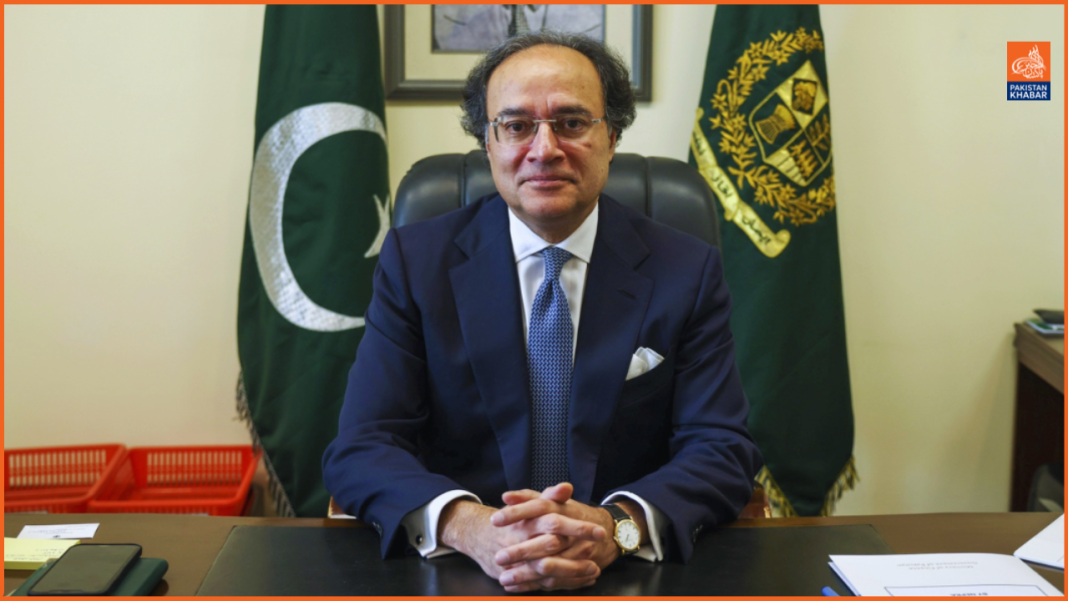Finance Minister Muhammad Aurangzeb has described China’s initial response to Pakistan’s request for extended debt maturities related to the Belt and Road Initiative as both positive and encouraging. During his discussions with US media and at various think tank events, he indicated that Pakistan might achieve greater flexibility in managing its debt as it confronts the challenges posed by past borrowings. Aurangzeb emphasized the necessity of implementing comprehensive structural reforms, which are essential conditions outlined in the recently finalized $7 billion loan agreement with the International Monetary Fund (IMF).
Currently in Washington for the IMF and World Bank annual meetings, Aurangzeb has participated in bilateral discussions with US officials and finance ministers from allied nations. At an event led by Jihad Azour, the IMF’s Director for the Middle East and Central Asia, he highlighted key priorities, including broadening the tax base, reforming the energy sector, and privatizing State-Owned Enterprises (SOEs).
In an interview with Bloomberg, Aurangzeb addressed the need to extend debt maturities linked to power plants to create sufficient space for reducing electricity costs. He noted that electricity prices have significantly increased, even surpassing housing costs for some residents. He mentioned that discussions on this matter have just begun, with initial responses being favorable, and reiterated that negotiations are still in the early stages.
In conversations with financial experts, lenders, and bankers, the Pakistani delegation underscored the nation’s relative stability following the approval of the new $7 billion IMF program. They also pointed out that China had rolled over approximately $16 billion of the nearly $26 billion in debt due this fiscal year, which started in July.
Aurangzeb further stated that maintaining fiscal discipline is crucial for Pakistan to increase its tax-to-GDP ratio from below 10% to 13.5%, aiming to lessen the country’s reliance on future IMF loans. Instead of seeking new loans, he expressed interest in obtaining additional funding from the IMF’s climate resiliency fund during his Washington visit. He also discussed the government’s economic stabilization measures, including the State Bank of Pakistan’s recent decision to cut the benchmark interest rate by 450 basis points over three consecutive meetings, lowering it from 22% to 17.5%. He hinted that the upcoming meeting of the SBP on November 4 could lead to further rate cuts.
During a meeting with the IMF’s Managing Director and other financial leaders from the region, Aurangzeb stressed the integration of social protection measures into IMF lending frameworks and advocated for increased financing for climate resilience. Throughout these engagements, he promoted enhanced debt relief mechanisms and concessional financing for vulnerable nations. He also supported the inclusion of challenges such as climate risks and complex debt restructuring in the review of the Low-Income Countries Debt Sustainability Framework (LIC-DSF).




